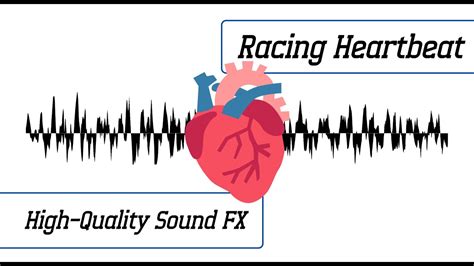The kidneys are two bean-shaped organs located on either side of the spine, just below the rib cage. They play a vital role in filtering waste products, excess water, and electrolytes from the blood. They also help to regulate blood pressure, produce red blood cells, and activate vitamin D.

The First Sign of Kidney Problems
The first sign of kidney problems is often proteinuria, which is the presence of protein in the urine. Proteinuria can be caused by a variety of conditions, including:
- Diabetes
- High blood pressure
- Glomerulonephritis
- Polycystic kidney disease
- Lupus
Other Signs and Symptoms of Kidney Problems
In addition to proteinuria, other signs and symptoms of kidney problems can include:
- Frequent urination
- Nocturia (urinating at night)
- Foamy urine
- Swelling in the hands, feet, or ankles
- Fatigue
- Nausea and vomiting
- Loss of appetite
- Confusion
- Seizures
If You Have Any of These Symptoms, See Your Doctor Right Away
If you have any of these symptoms, it is important to see your doctor right away. Early diagnosis and treatment of kidney problems can help to prevent serious health complications.
How to Prevent Kidney Problems
There are a number of things you can do to help prevent kidney problems, including:
- Control your blood sugar if you have diabetes
- Manage your blood pressure if you have high blood pressure
- Get regular exercise
- Eat a healthy diet
- Drink plenty of fluids
- Avoid smoking
- Limit alcohol intake
Treatment for Kidney Problems
Treatment for kidney problems depends on the underlying cause. Treatment options may include:
- Medications to lower blood pressure or cholesterol
- Surgery to remove kidney stones or cysts
- Dialysis to remove waste products from the blood
- Kidney transplant
Conclusion
Kidney problems are a serious health concern, but they can be prevented and treated if they are detected early. If you have any of the symptoms of kidney problems, it is important to see your doctor right away.
Here are some additional tips for keeping your kidneys healthy:
- Get regular checkups. Your doctor can check your blood pressure, urine, and blood sugar levels to screen for kidney problems.
- Follow a healthy diet. A healthy diet includes plenty of fruits, vegetables, and whole grains. It also limits processed foods, sugary drinks, and saturated and trans fats.
- Get regular exercise. Exercise helps to keep your blood pressure and cholesterol levels under control. It also helps to maintain a healthy weight.
- Avoid smoking. Smoking damages the blood vessels and can lead to kidney problems.
- Limit alcohol intake. Excessive alcohol intake can damage the liver and kidneys.
- Take medications as prescribed. If you have diabetes or high blood pressure, it is important to take your medications as prescribed. These medications can help to protect your kidneys from damage.
















